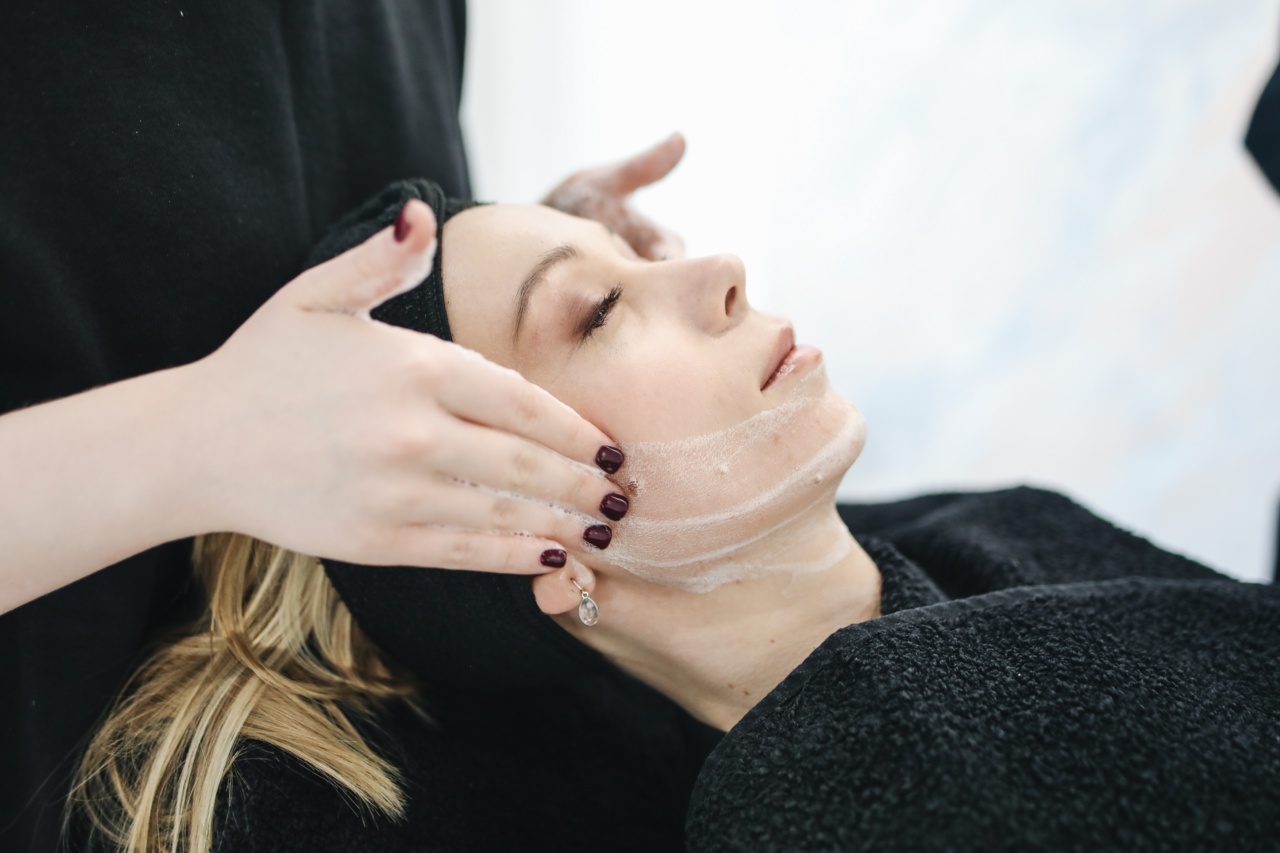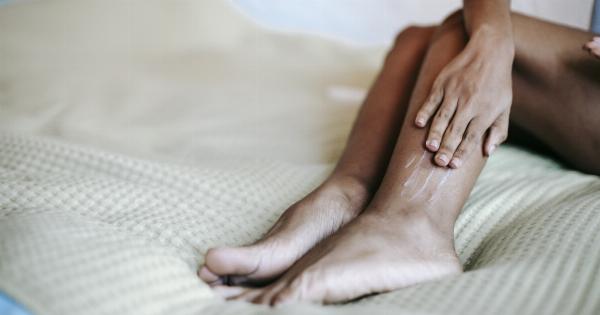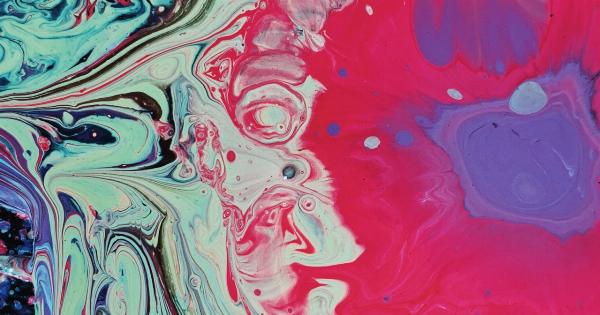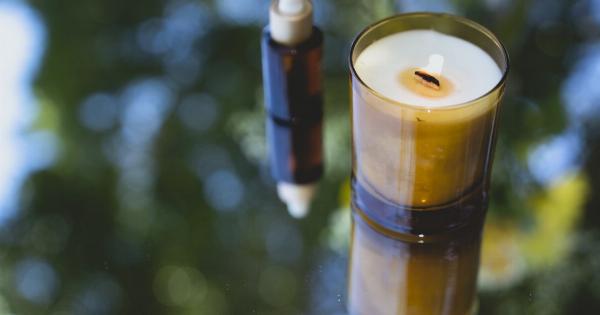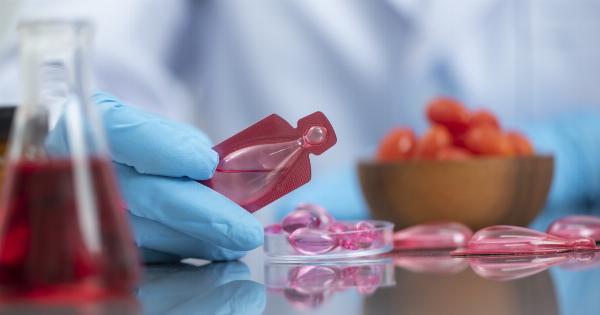Acne is a common problem for many people, especially among teenagers and young adults. It can be caused by various factors such as hormones, genetics, and lifestyle choices.
However, the good news is that there are many ways to fight acne, and one of them is by using the right face cream. In this article, we will discuss everything you need to know about face creams and how they can help you combat acne effectively.
What Is a Face Cream?
A face cream is a type of moisturizer that is specifically formulated for the face. It can help hydrate the skin, prevent dryness, and protect it from external aggressors such as pollution and UV rays.
Face creams come in different forms such as creams, lotions, gels, and serums, and they also have different textures and consistencies that cater to different skin types and concerns.
How Does a Face Cream Help Fight Acne?
Acne-prone skin needs a face cream that can help regulate sebum production, unclog pores, and reduce inflammation.
The right face cream can help prevent breakouts, minimize the appearance of blemishes, and improve the overall texture and tone of the skin.
What Ingredients Should You Look for in a Face Cream for Acne-Prone Skin?
When looking for a face cream to fight acne, there are certain ingredients that you should look for:.
- Salicylic acid: This beta-hydroxy acid exfoliates the skin and unclogs pores, which can help prevent breakouts. It also has anti-inflammatory properties that can reduce redness and irritation.
- Benzoyl peroxide: This ingredient kills acne-causing bacteria and helps reduce inflammation. It is commonly found in spot treatments, but it can also be added to face creams in lower concentrations.
- Niacinamide: This form of vitamin B3 can help regulate sebum production and reduce inflammation. It can also improve the skin’s barrier function, which can make it more resilient to environmental stressors.
- Tea tree oil: This essential oil has antimicrobial and anti-inflammatory properties that can help fight acne. However, it should be used in low concentrations as it can cause skin irritation in some people.
- Ceramides: These are lipids that help strengthen the skin barrier and retain moisture. They can prevent moisture loss, which can help prevent dryness and irritation that can exacerbate acne.
What Ingredients Should You Avoid in a Face Cream for Acne-Prone Skin?
On the other hand, there are also ingredients that you should avoid in a face cream if you have acne-prone skin:.
- Comedogenic oils: These oils such as coconut oil and cocoa butter can clog pores and cause breakouts.
- Alcohols: Some alcohols such as denatured alcohol and SD alcohol can strip the skin of its natural oils and cause dryness and irritation.
- Fragrances: Fragrances can cause skin irritation and allergic reactions, which can worsen acne.
How Should You Apply a Face Cream?
When applying a face cream for acne-prone skin, it is important to follow these steps:.
- Cleanse your face with a gentle cleanser and pat it dry with a clean towel.
- Apply a small amount of face cream to your fingertips and gently massage it onto your face and neck, avoiding the eye area.
- Wait for a few minutes to allow the cream to absorb into your skin before applying makeup or other skincare products.
What Are Some of the Best Face Creams for Acne-Prone Skin?
There are many face creams in the market that are specifically formulated for acne-prone skin. Some of the best ones include:.
- CeraVe Facial Moisturizing Lotion: This lightweight and non-greasy lotion contains ceramides and niacinamide, which can help strengthen the skin barrier and reduce inflammation.
- La Roche-Posay Effaclar Mat: This oil-free mattifying moisturizer contains salicylic acid and sebulyse, which can help regulate sebum production and minimize the appearance of pores.
- Paula’s Choice Clear Oil-Free Moisturizer: This lightweight moisturizer contains niacinamide, ceramides, and hyaluronic acid, which can help hydrate the skin, reduce inflammation, and improve the skin’s texture and tone.
- Neutrogena Oil-Free Acne Moisturizer: This moisturizer contains salicylic acid and MicroClear technology, which can help prevent breakouts and improve the skin’s texture and clarity.
- Kiehl’s Ultra Facial Oil-Free Gel Cream: This lightweight and oil-free moisturizer contains imperata cylindrica root extract and antarcticine, which can help hydrate the skin and reduce oiliness.
Conclusion
A face cream can be a great ally in the fight against acne. Choosing the right one that contains the right ingredients and avoiding the ones that can aggravate acne can make a significant difference in your skin’s health and appearance.
Remember to always cleanse your face before applying a face cream and to use it consistently for the best results.
